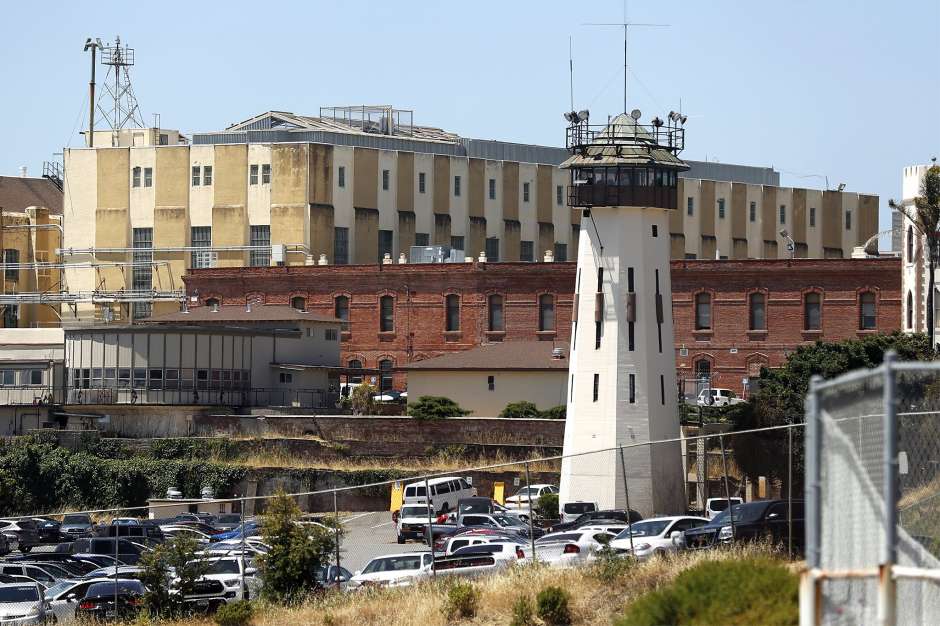The Chron reports:
Gov. Gavin Newsom is set to announce that he will release approximately 8,000 people incarcerated inside California’s prison system, in a move that comes amid devastating coronavirus outbreaks at several facilities and pressure from lawmakers and advocates.
Prisoner attorney Donald Specter on Friday said the announcement is expected early this afternoon. Specter, who is the executive director of the Prison Law Office, the organization that represents prisoners in a long-running lawsuit alleging inadequate medical services, said the governor’s office advised of the details.
“We certainly appreciate the effort from the administration to reduce the prison population,” Specter said. “We still remain concerned that there’s not enough space, especially in places like Vacaville and Folsom to house people safely if the virus gets into those institutions.”
Across state prisons, 2,286 inmates were confirmed to have active cases of the virus and 31 had died as of Friday morning, according to California Department of Corrections and Rehabilitation. Staffers with active cases of the virus totaled 719.
Specter said the releases will come on a rolling basis, and they’ll include both people who were scheduled to be freed soon as well as people at high risk for serious complications if they contract the virus.
Those bound for releases include about 700 people from high-risk prisons like San Quentin, Folsom and the California Medical Facility, Specter said, as well as people who are in hospice and appropriate for release. State prisons have about 6,500 people who are high risk medically for COVID-19 and low risk for recidivism, he said, “and they’re going to start releasing some of them.”
The move will expedite the governor’s review for people who were granted parole, which can traditionally take about six months, Specter said.
Prison officials announced Thursday night that they would provide 12 weeks of credit to every inmate eligible for release who had not been found guilty of a serious rule violation between March 1 and July 5. The policy, adopted because prisons have shut down their credit-earning programs during pandemic, could benefit as many 108,000 people.
With the reduced sentences, about 3,100 inmates would reach their earlier possible release date, officials estimated, with those releases set to begin Aug. 1.
Too few and too late, but it’s a start. The advocates, activists, and elected officials are making a difference. We must press on to stop this human rights crime.

